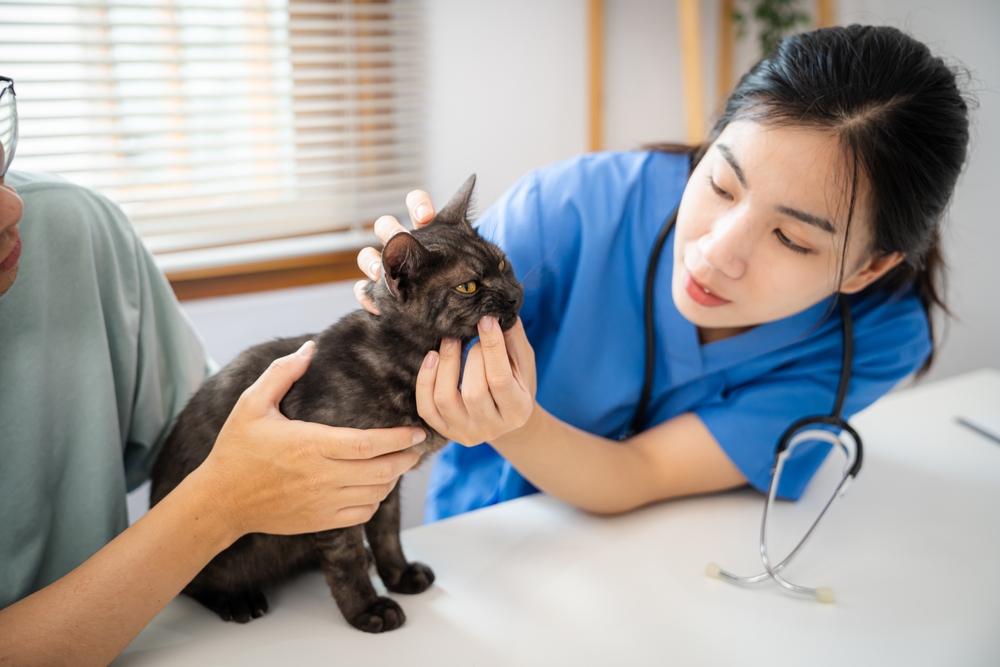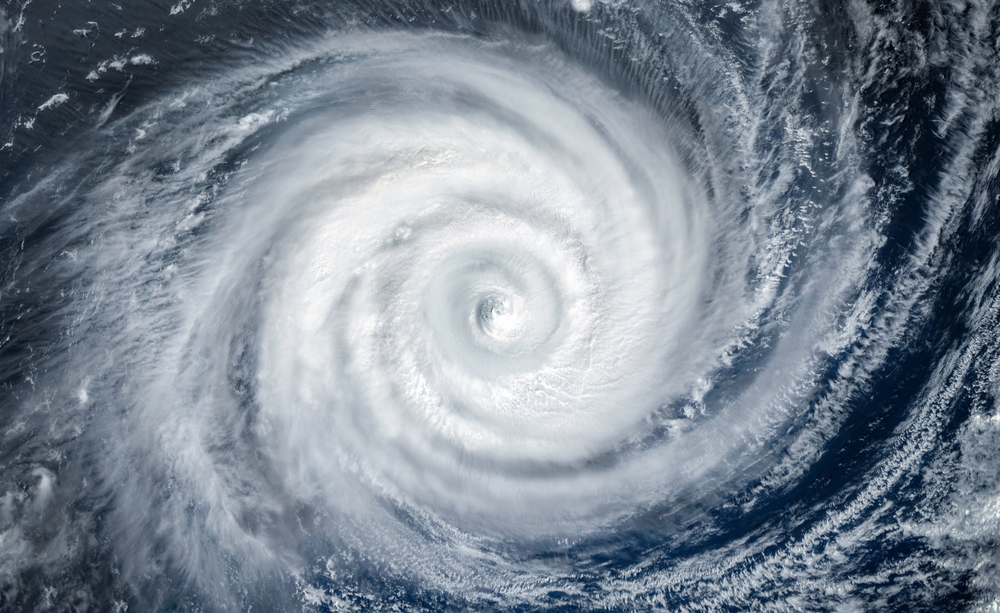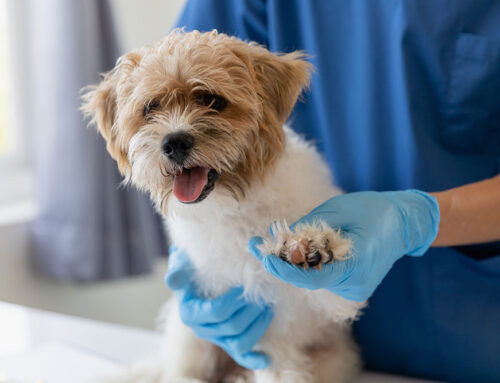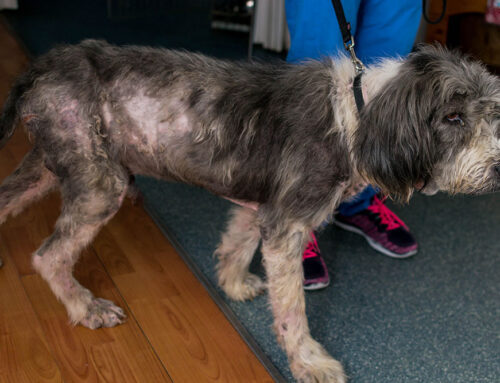Natural disasters, from hurricanes and flooding to tornadoes, can strike anywhere, causing significant stress and disruption in our lives and the lives of our pets. Being prepared can make all the difference in safeguarding the health of your furry family members. Our Bayview Animal Hospital team offers this guide to help you prepare your pet for the unexpected.
Create a pet emergency kit
Just as you would create an emergency kit for your human family, create one for your pet. Set aside the following necessities in an accessible area:
- Food and water — Pack at least a week’s supply of food and water, storing dry food in a sealable container.
- Medications — Have a two-week supply of any medications your pet needs and copies of prescriptions.
- Identification and medical records — Ensure your pet has a collar with an ID tag, and consider microchipping them as a permanent form of identification. Include copies of your furry pal’s vaccination records and a recent photo of your pet.
- First aid kit — Include bandages, antiseptic wipes, tweezers, and any specific items your pet may need.
- Comfort items — Pack familiar items such as toys, bedding, and a blanket to help reduce stress.
- Sanitation supplies — Provide an extra litter box for cats, waste bags for dogs, and cleaning supplies.
Know your pet evacuation plan
During a disaster, it is challenging to remember what your pet needs, which is why having an evacuation plan in place makes decisions more clear. Identify the following ahead of time:
- Pet-friendly shelters and hotels — Know where you can go that will accept pets. Many shelters and hotels have restrictions, so having a list of pet-friendly options is crucial.
- Emergency contacts — Have a list of emergency contacts, including our Bayview Animal Hospital and nearby friends or family who can help.
- Transportation needs — Use carriers for small pets and sturdy leashes and harnesses for larger furry pals.
Prepare a safe space for your pet
In emergencies that require you to stay in place, consider the following:
- Safe space — Identify an area in your home to shelter your pet during a disaster, and ensure it is pet-proofed and free from hazards.
- Evacuation route — Plan and practice an evacuation drill with all family members, including the route you’ll take and how you’ll transport your pet.
- Emergency alerts — Sign up for local emergency alerts to stay informed about potential disasters and evacuation orders.
- Training — If your pet doesn’t already know basic commands, obedience training is a must. Pets often become disoriented during disasters, and if they don’t understand commands, they can easily run away and become lost. Teach your four-legged friend commands such as “stay,” “come,” and “leave it” to help manage them in stressful situations.
Keep your pet safe during the disaster
During the disaster event:
- Stay calm — While it can be challenging to remain calm, your pet can sense your stress. Try to remain as positive as possible to avoid increasing your pet’s anxiety.
- Keep pets with you — Never leave your pets behind or outside where they could get lost or injured.
- Ensure identification – Keep your pet’s identification tags on at all times. Microchipping is an additional safety measure our team highly recommends because it’s the most effective way to reunite you with your pet if you get separated.
Checking your pet after the disaster

After a significant natural event, it’s important to thoroughly check your pet and monitor their health and behavior. Consider the following suggestions:
- Check for injuries — Examine your pet for injuries, such as wounds or cuts, and contact our team immediately if they are injured. Be aware that pets can be disoriented and frightened after a disaster, so use calming techniques to minimize your furry friend’s fears.
- Provide comfort and familiarity — Return to a regular routine as soon as possible, such as your pet’s daily walks and meals. Provide plenty of reassurance and comfort to help your pet adjust.
Our suggested steps can help ensure your pet’s safety, comfort, and well-being during natural disasters. Preparation and planning can make a challenging situation more manageable and give you peace of mind, knowing you’re ready to protect all of your family members, including your furry friend.
Contact our Bayview Animal Hospital team for additional tips on preparing your pet for natural disasters.







Leave A Comment